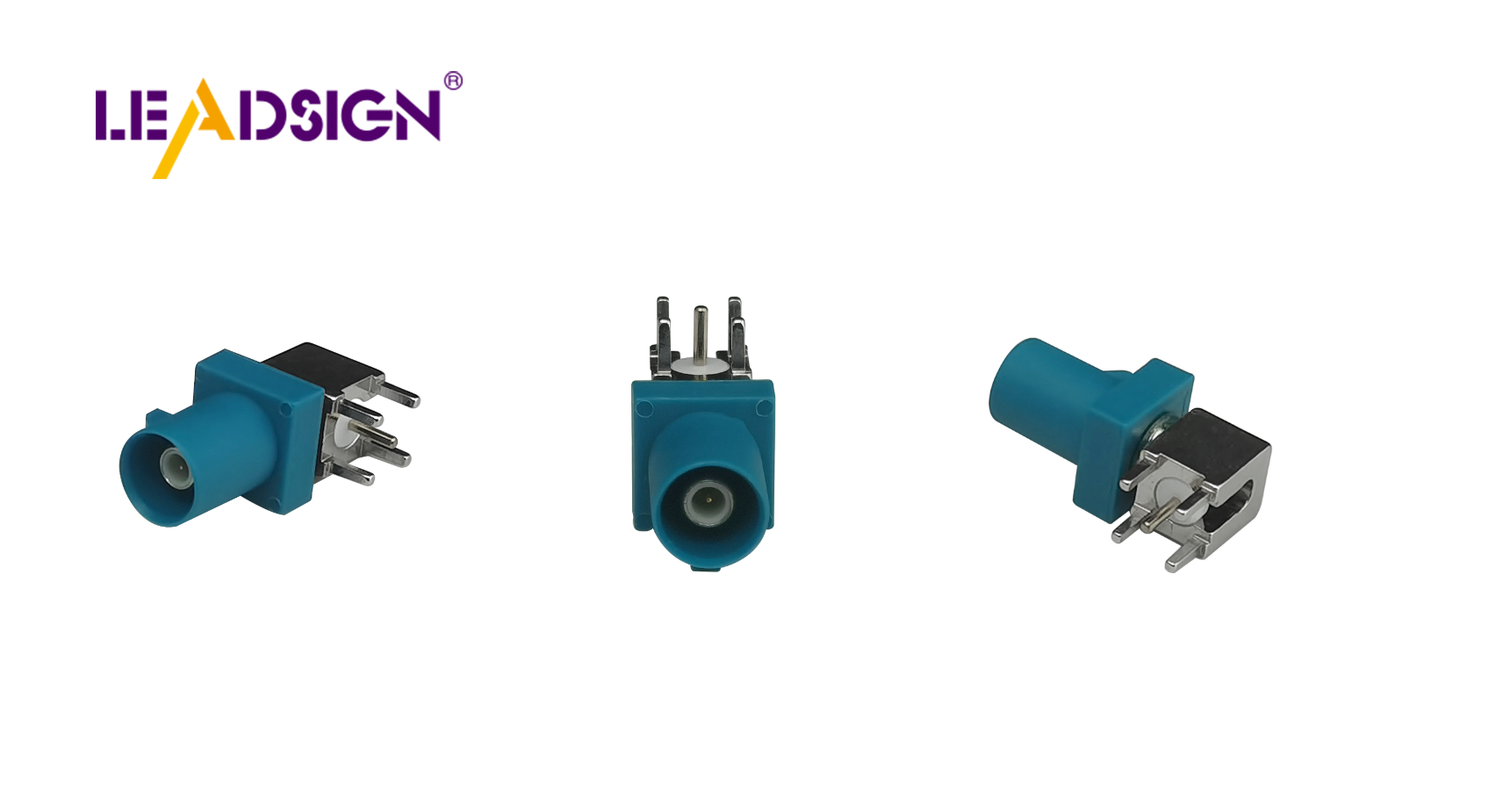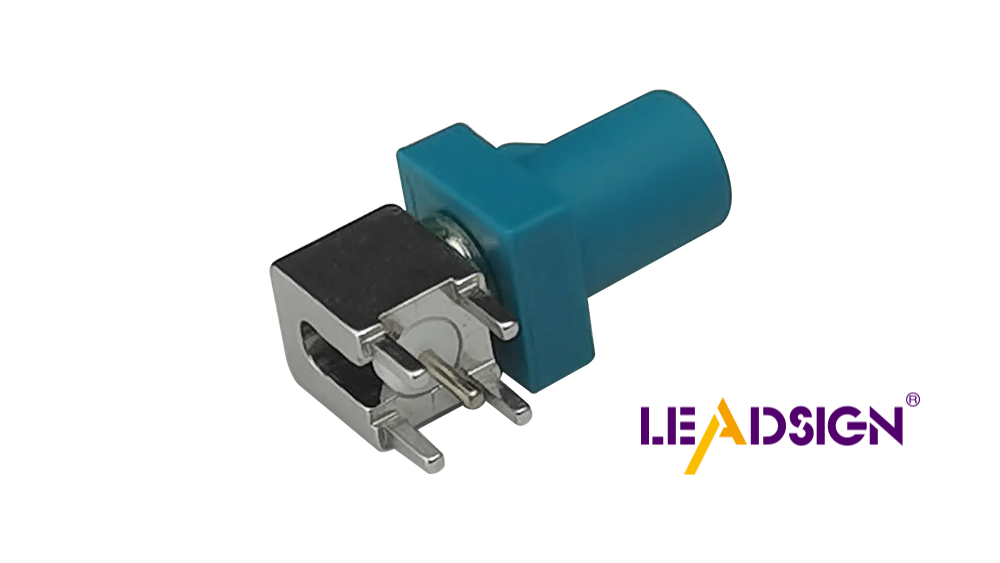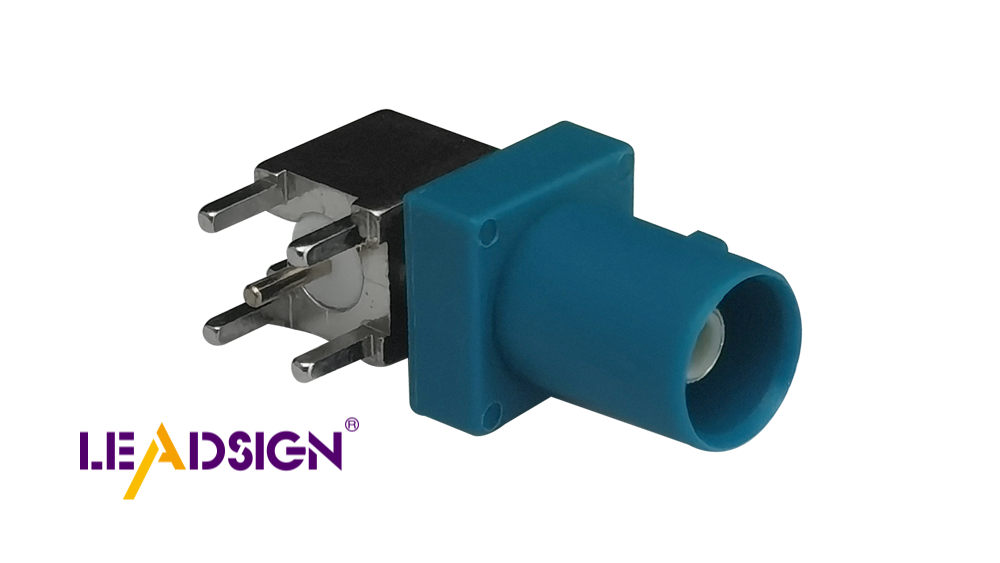Exploring Automotive Wire Connectors Types for Modern Vehicles

Automotive wire connectors are crucial in modern vehicles, ensuring electrical systems remain safe and reliable. Poor-quality connectors can lead to weak links and system failures. Cars utilize various automotive wire connectors types for different functions. These connectors have evolved significantly to become more efficient and dependable. Advanced technologies, such as driver assistance systems, demand superior connector types. High-quality wiring is essential for maintaining system performance and safety.
Basics and Importance of Wire Connectors
Role in Vehicle Electrical Systems
Ensuring Safety and Reliability
Wire connectors are key in car electrical systems. They keep connections safe and steady. Good connectors stop short circuits and fires. They also block water and rust. This helps parts last longer. Strong connectors make cars safer.
Enhancing Performance and Efficiency
Connectors boost how well car systems work. They let electricity flow smoothly. This keeps all parts working right. Good connectors save energy. They help cars use less fuel. By working well, they support new car tech.
Historical Evolution of Wire Connectors
Early Developments
Wire connectors have a long history in cars. At first, they were simple clips or screws. These old ones weren’t very strong or reliable. As cars got complex, better connectors were needed.
Modern Innovations
Today’s wire connectors are much better. They use new materials and designs now. Some are waterproof and heatproof for tough conditions. Modern ones send data fast, which is important for smart cars today. Their growth shows how car tech has advanced.
Exploring Automotive Wire Connectors Types

Modern cars use different automotive wire connectors types. These keep electrical systems working well. Knowing them helps pick the right one.
Crimp Connectors
Crimp connectors are popular in cars. They make strong connections. The name comes from crimping, which squeezes the connector onto the wire.
Features and Benefits
Secure Connection: They stay tight against shaking.
Ease of Use: Easy to use for everyone.
Versatility: Fit many wire sizes and uses.
Common Applications
Lighting Systems: Used in headlights and taillights.
Power Distribution: Good for connecting power wires.
Solder Connectors
Solder connectors join wires with solder for a bond.
Advantages and Disadvantages
Advantages:
Strong Bond: Makes a lasting connection.
Conductivity: Great at carrying electricity.
Disadvantages:
Time-Consuming: Takes longer than crimping.
Skill Requirement: Needs skill to do right.
Usage Scenarios
High-Performance Applications: Used where strong links are key.
Data Signal Transfer: Best for clear data signals.
Push-On Connectors
Push-on connectors connect wires fast without tools.
Characteristics
Quick Installation: Fast to set up when time is short.
Reusability: Can be reused easily for fixes.
Installation Process
Preparation: Clean and strip wire ends.
Connection: Push wire into connector until it clicks.
Verification: Make sure it's secure.
Knowing these types helps improve car electrical systems. Each type has special features, fitting different car needs today.
Installation Techniques and Best Practices

Tools Needed
Installing automotive wire connectors needs special tools. These tools make sure connections are safe and strong.
Important Tools
Wire Strippers: Take off wire covers without harm.
Crimping Tool: Tightens crimp connectors for a firm hold.
Soldering Iron: Melts solder to join wires tightly.
Heat Gun: Shrinks tubing for extra protection.
Extra Helpful Tools
Multimeter: Checks if electricity flows right.
Wire Cutters: Cuts wires neatly to the right size.
Connector Removal Tool: Takes out connectors safely.
Step-by-Step Guide
Follow steps to keep connections working well in cars.
Getting Ready
Pick the Right Connector: Match it with wire size and use.
Gather Tools: Have all needed tools before starting.
Check Wires and Connectors: Look for damage or rust.
Doing the Work
Strip Wire Ends: Use strippers to show enough wire.
Attach Connector:
For crimp, insert and tighten with tool.
For solder, twist wires, melt solder, let cool.
For push-on, push until it clicks in place.
Use Heat Shrink (if needed): Slide tube over connection, heat it to fit snugly.
Final Steps
Test Connection: Use multimeter to check it's secure.
Check Insulation: Make sure it's safe from water or dust.
Secure Wires: Tie them down so they don't move around.
Regular checks of connectors stop problems and help them last longer. Following these tips keeps car systems reliable and avoids costly fixes later on.
Q&A Section
Common Concerns
Connector Fit
Picking the right connector is important. It should fit well with the car's wires. A good fit keeps things working safely. Experts say to match connectors with wire types and sizes. This stops problems and makes them work better.
Strength and Care
Connectors need to be strong to last long. Checking them often helps find damage early. Experts say to look for rust or breaks. Taking care of them makes them last longer and keeps the system safe.
Solutions and Tips
Picking Connectors
To pick a connector, know what your car needs. Think about weather and how much power it uses. Experts say to check maker's advice for best choice. This helps keep things working well and safe.
Fixing Common Problems
Loose connections or rust are common issues. Check often to find these early. Experts say use the right tools for fixing them. Fixing fast stops more damage and keeps everything running smoothly.
Choosing the right automotive wire connectors is very important. Good connectors keep cars safe and working well. They make sure connections are strong and stop electrical problems. Knowing different connector types helps pick the best one for each job, making systems last longer.
Sherco Automotive & Marine Supplies says quality connectors lower resistance and handle tough car conditions.
For tricky setups, asking an expert is smart. This keeps everything working right and protects your car's electrical system.
See Also
Exploring the Significance of Fakra Connectors in Modern Cars
Uncovering the Advantages of Fakra Connectors in Vehicles
Understanding the Fundamentals of HSD Connectors in Autos
Enhancing Auto Data Transfer: Advanced Connectors and Cables

